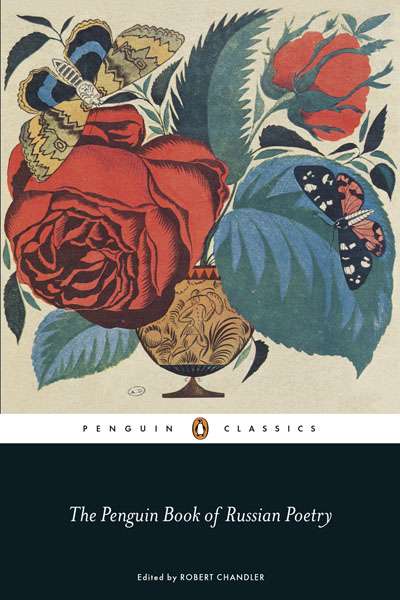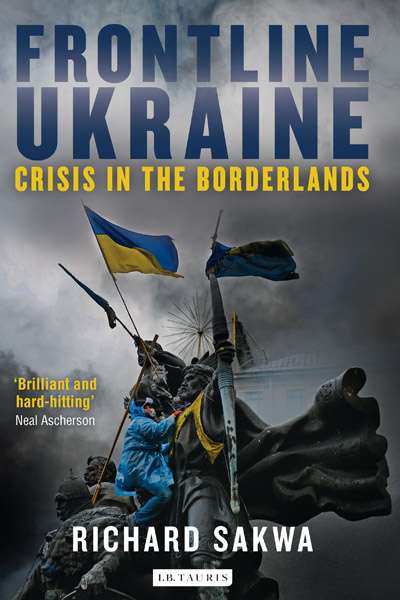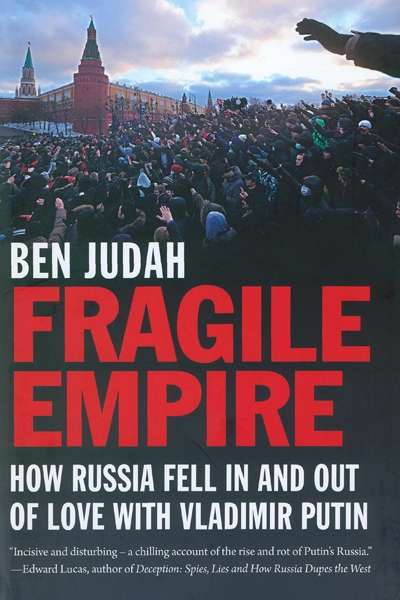Russia
Sign up to From the Archive and receive a new review to your inbox every Monday. Always free to read.
Recent:
Stalin's Daughter: The extraordinary and tumultuous life of Svetlana Alliluyeva by Rosemary Sullivan
by Sheila Fitzpatrick •
On Stalin’s Team: The Years of Living Dangerously in Soviet Politics by Sheila Fitzpatrick
by Mark Edele •
The Penguin Book of Russian Poetry edited by Robert Chandler, Boris Dralyuk, and Irina Mashinski
by David Wells •
Frontline Ukraine: Crisis in the Borderlands by Richard Sakwa
by Nick Hordern •
Stalin, Volume I by Stephen Kotkin & Stalin by Oleg V. Khlevniuk and translated by Nora Seligman Favorov
by Mark Edele •
Reconstructing Lenin: An Intellectual Biography by Tamás Krausz
by Sheila Fitzpatrick •
Kicking the Kremlin by Marc Bennetts & Putin and the Oligarch by Richard Sakwa
by Nick Hordern •
Fragile Empire: How Russia Fell in and out of Love with Vladimir Putin by Ben Judah
by Nick Hordern •











